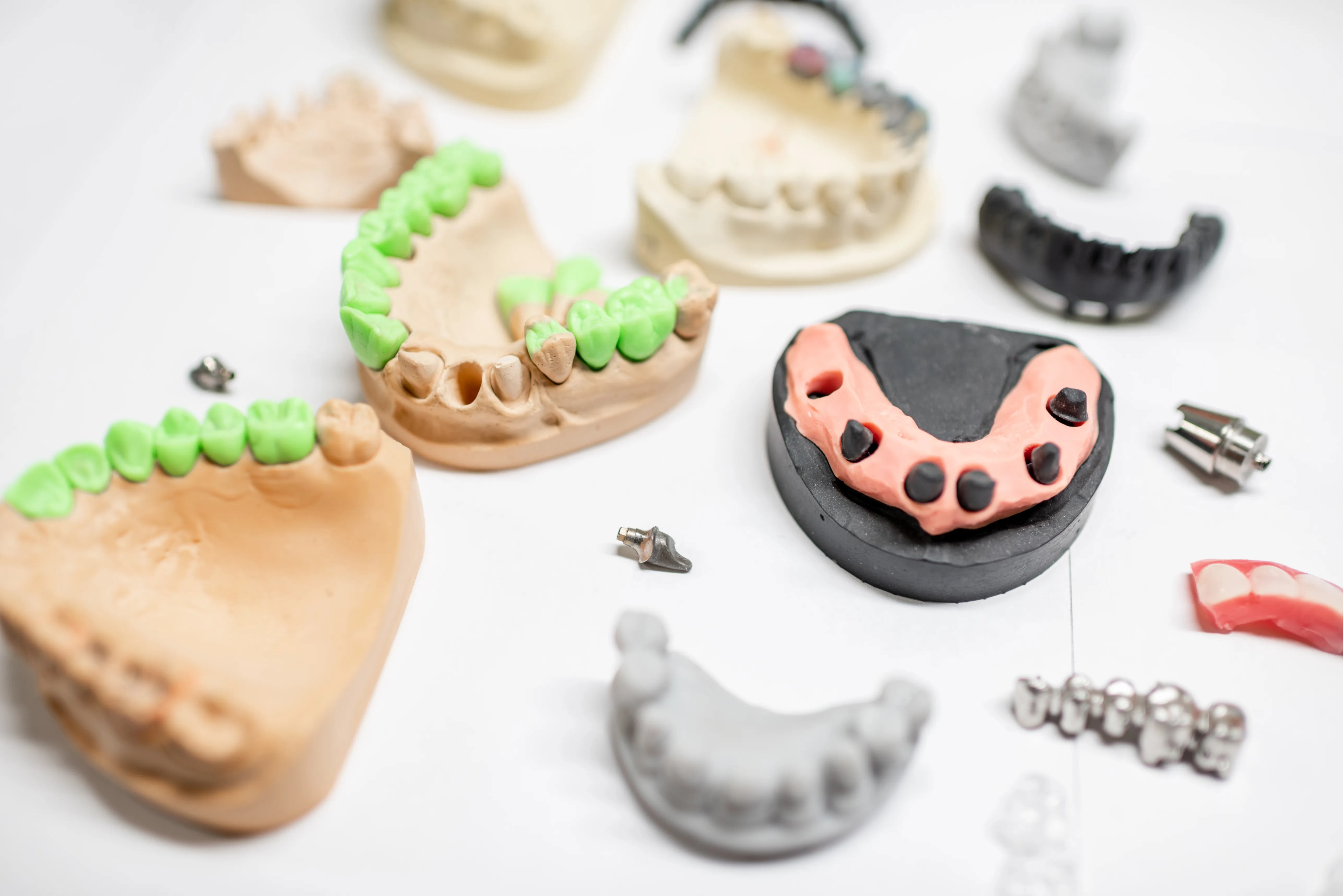If you are considering dental implants, chances are you are wondering whether the procedure will be painful. In general, aftercare for dental implant surgery should not last more than 10 days before pain subsides.
Swelling, bruising and minor bleeding are normal reactions after injury; painkillers such as ibuprofen and acetaminophen may help alleviate the discomfort.
During the Procedure
Your dentist will administer local anesthetic or sedation to manage any discomfort. After making a cut to open up the gum and expose bone, they’ll drill a hole into that bone before inserting a metal implant as an artificial tooth root and closing up with stitches to complete this procedure.
If there isn’t enough bone support for an implant, they may perform a bone graft, which involves moving tissue from elsewhere in your mouth into where the tooth will be placed. They might also add an abutment that will connect the implant with its replacement tooth.
Success of dental implants depends upon meticulous oral hygiene and regular professional cleanings and checkups, including professional teeth-cleanings and checkups. Patients suffering from periodontitis (gum disease) are not ideal candidates as their condition compromises gum and bone health needed for support of the implant. Furthermore, smokers may have difficulty healing as smoking limits blood flow to the mouth and gums which leads to reduced recovery time after implant surgery.
After the Procedure
Dental implants are artificial tooth roots designed to replace lost ones. When implanted into the jawbone, they provide stability and resemble natural tooth structure – so patients can eat without worry of shifting or falling out of place implants.
At your initial consultation, your dentist will evaluate your teeth and gums to ascertain if dental implants are right for you. They may conduct x-rays or computer tomography scans to measure bone density and plan where to place the implant.
At the time of surgery, an anesthesiologist will administer anesthesia to numb your mouth and gums before creating an incision using special tools in order to prepare the area for an implant.
Your surgeon will either place one tooth, a bridge, or implant-supported dentures over the surgical site and will also remove any stitches, which are typically self-dissolving. After surgery has taken place, it is essential that you practice good oral hygiene and attend follow-up visits regularly in order to ensure that treatment site heals correctly and stays free from infections.
During Recovery
Implants provide the perfect alternative to conventional dentures in terms of replacing both crowns and roots of teeth simultaneously, stimulating natural bone growth within your jawbone to promote full functional restoration of each implant. They’re the ideal tooth replacement option for patients looking for their new set to feel and function like real ones while preventing any crooked movements that could wreak havoc with their bite and aesthetics.
If the area where a missing tooth lies is too soft or thin to support an implant, bone grafting may be required. A bone graft consists of using donated bone or synthetic materials from donor sources in order to build up that area before implant placement can occur.
Patients suffering from unmanaged chronic conditions like diabetes, heart disease, cancer or long-term steroid use may not be ideal candidates for dental implants as these conditions can slow the healing process and negatively impact placement and longevity. Furthermore, smoking may significantly decrease implant longevity.
After Recovery
Recovery time from dental implants takes time. To ensure proper recovery, it is also crucial that patients follow instructions from their oral surgeon regarding taking care of both themselves and the surgery site, including eating only soft foods that don’t involve too much jaw movement and refraining from engaging in activities that could potentially cause bleeding at the implant site.
Pain and tenderness should decrease over the first several days following surgery, along with swelling, bruising and inflammation. At this stage most patients can return to work or resume other normal activities.
If your implant continues to cause significant pain or discomfort after two weeks, this should be taken as an indicator that something has gone wrong and should be reviewed by an oral surgeon or dentist immediately. It could mean the implant didn’t heal correctly or is infected, or even be rejected due to metal allergies; either way it should be addressed quickly before it worsens further.

